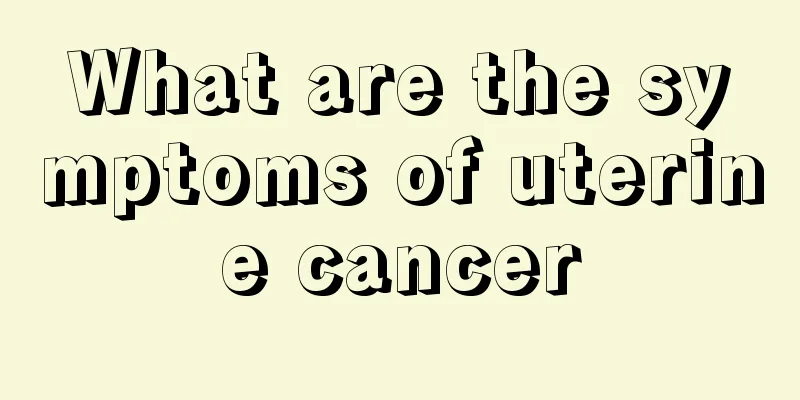Symptoms of root canal inflammation

|
In fact, teeth are prone to disease. If you do not pay attention to tooth care, it will cause many dental problems. The first common one is root canal inflammation. This is because the teeth are hit, collided or fall, which will cause periodontal tissue to begin to be damaged. In addition, many people often have some hard objects and improper use of teeth, which will also cause ulcers and inflammation around the gums, causing many complications. External forces such as blows, collisions, and falls can cause damage to the hard tissues of the teeth, periodontal tissues, and peridontal tissues. Biting hard objects such as sand in rice, walnuts, bottle caps, and traumatic jaw clenching can all lead to periapical injuries. Odontogenic factors, excessive pulp and root canal sealing drugs, root canal instruments penetrating the root apex, improper orthodontic force, rapid separation of teeth, and accidental injury to adjacent teeth during tooth extraction can all cause periapical injuries. Acute or chronic inflammation of the periodontal tissue is called apical periodontitis. In the early stage of acute apical periodontitis, the affected tooth will have mild pain. At this time, the pain can be temporarily relieved by clenching the affected tooth. As the inflammation worsens, the patient's teeth elongate and the affected tooth will hurt when tapped. The pain in apical periodontitis is spontaneous, persistent and localized, and the patient can clearly point out the affected tooth. If the acute apical periodontitis continues to develop and forms an acute apical abscess, the pain will intensify and there will be persistent throbbing pain. Chronic periapical periodontitis can be divided into three types: 1. Periapical tooth swelling, generally without spontaneous pain, only discomfort in chewing and weakness in biting, a strange sensation when percussed, and the affected tooth may feel stretched. At this time, the pulp is mostly necrotic, and an acute attack may occur when the body's resistance is low. 2. Apical abscess, usually without subjective symptoms, there are fistulas in the mucosa of the apical area of the affected tooth, granulation tissue hyperplasia at the opening of the fistulas, pus may be discharged from the fistulas, and it is not easy to transform into acute inflammation with fistula drainage. 3. Apical cysts usually have no subjective symptoms, but tooth discoloration. Dental films can show apical cysts. If the cysts increase in size and force the surrounding bones to be absorbed, the mucosa at the apex of the affected tooth will appear as a semicircular container with a ping-pong ball-like feeling. |
<<: Symptoms of cerebral vasculitis
>>: Symptoms of palpitations and insomnia
Recommend
Is kneeling good for your knees?
The knee is a very important joint in the human b...
What to do if your knee hurts
The knee joint supports the weight of the entire ...
Symptoms and treatment of gallbladder and pancreatic cancer
Gallbladder and pancreatic cancer is a common tum...
Taking good care of breast cancer patients' diet is beneficial to treatment
Clinically, dietary conditioning for breast cance...
What are the nursing methods after lung cancer surgery? 4 nursing methods after lung cancer surgery
Lung cancer is a very common cancer. Although it ...
There are 4 aspects to the treatment of pancreatic cancer
Pancreatic cancer is a common pancreatic tumor. I...
What are the specific early symptoms of lung cancer? 10 early symptoms of lung cancer
The early symptoms of lung cancer are a problem t...
Success rate of ventricular septal defect surgery
In life, the existence of some things is inexplic...
Is it better to use pressed powder or loose powder for oily skin
If you have oily skin, try to use a cleanser with...
How to improve sleep
Night is the time when the body and brain fall as...
Can poor kidney function lead to obesity?
If a person has poor kidneys, the body's wate...
What are the early symptoms of thyroid nodules
Many people are not particularly familiar with th...
How is nasopharyngeal carcinoma staged? What are its symptoms?
How is nasopharyngeal cancer staged? What are its...
Foods suitable for patients with advanced lung cancer
Lung cancer ranks second in the mortality rate of...
Is the magnet weight loss belly button patch effective?
People who love beauty are trying every possible ...









